
Bialystok: Poland's Hidden Gem
Bialystok, the largest city in northeastern Poland, offers a unique blend of cultural diversity, rich history, and natural beauty. Nestled close to the Bialowieza Forest, this city is the gateway to one of Europe's oldest and most pristine woodlands, home to the majestic European bison. The city's multicultural roots are evident in its vibrant architecture, with influences from Polish, Jewish, Belarusian, and Tatar heritage, making it a fascinating destination for history buffs and culture enthusiasts alike. Stroll through the city's charming Old Town, where you can admire the impressive Branicki Palace, often referred to as the 'Polish Versailles'. This baroque masterpiece is surrounded by beautifully manicured gardens, perfect for a leisurely afternoon walk. Don't miss the opportunity to visit the Podlasie Opera and Philharmonic, a modern cultural hub that hosts a variety of performances, from classical concerts to contemporary theater. For a taste of local flavors, explore Bialystok's bustling markets and cozy restaurants. Savor traditional dishes like pierogi and kiszka, and make sure to try the region's famous potato dishes. The city's friendly locals and relaxed atmosphere make it easy to immerse yourself in its unique charm. Whether you're exploring its historic sites, enjoying its natural wonders, or indulging in its culinary delights, Bialystok promises a memorable and enriching experience.
Local tips in Bialystok
- Visit Branicki Palace early in the morning to avoid crowds and enjoy the gardens in peace.
- Try the local specialty 'kartacze', potato dumplings filled with meat, at a traditional Polish restaurant.
- Explore Bialowieza Forest with a guided tour to learn about its unique ecosystem and wildlife.
- Check the schedule at the Podlasie Opera and Philharmonic in advance to catch a live performance.
- Use local buses and trams to get around the city easily and affordably.
Bialystok: Poland's Hidden Gem
Bialystok, the largest city in northeastern Poland, offers a unique blend of cultural diversity, rich history, and natural beauty. Nestled close to the Bialowieza Forest, this city is the gateway to one of Europe's oldest and most pristine woodlands, home to the majestic European bison. The city's multicultural roots are evident in its vibrant architecture, with influences from Polish, Jewish, Belarusian, and Tatar heritage, making it a fascinating destination for history buffs and culture enthusiasts alike. Stroll through the city's charming Old Town, where you can admire the impressive Branicki Palace, often referred to as the 'Polish Versailles'. This baroque masterpiece is surrounded by beautifully manicured gardens, perfect for a leisurely afternoon walk. Don't miss the opportunity to visit the Podlasie Opera and Philharmonic, a modern cultural hub that hosts a variety of performances, from classical concerts to contemporary theater. For a taste of local flavors, explore Bialystok's bustling markets and cozy restaurants. Savor traditional dishes like pierogi and kiszka, and make sure to try the region's famous potato dishes. The city's friendly locals and relaxed atmosphere make it easy to immerse yourself in its unique charm. Whether you're exploring its historic sites, enjoying its natural wonders, or indulging in its culinary delights, Bialystok promises a memorable and enriching experience.
When is the best time to go to Bialystok?
Iconic landmarks you can’t miss
Branicki Palace
Explore the grandeur of Branicki Palace in Białystok, a stunning Baroque museum surrounded by beautiful gardens, rich in Polish cultural heritage.
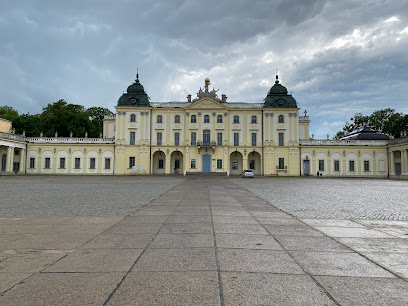
Akcent ZOO
Discover the captivating wildlife at Akcent ZOO in Białystok - a perfect family-friendly destination for animal lovers and adventure seekers alike.
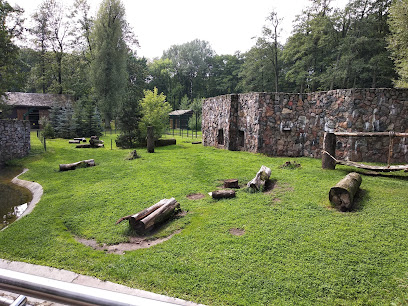
Park Garden Palace of Branicki
Discover the serene beauty and historical significance of Branicki Garden, a stunning Baroque landscape in the heart of Białystok, Poland.
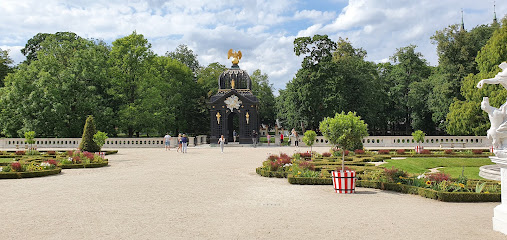
Constitution of 3 May 1791 Park
Explore the serene Constitution of 3 May 1791 Park in Białystok—where nature meets history for an unforgettable travel experience.
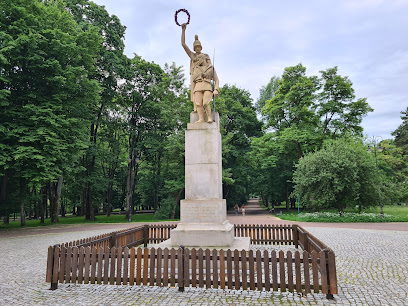
Park Planty
Explore the serene beauty of Park Planty in Białystok, a lush urban park perfect for relaxation and recreation amid nature's charm.
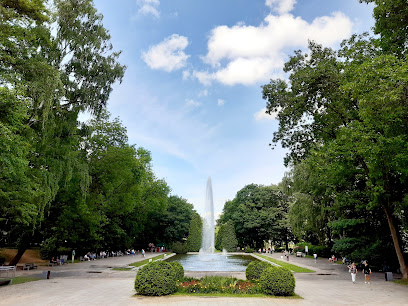
Kosciuszko Market Square
Experience the vibrant culture, delicious food, and historic charm of Kosciuszko Market Square in Białystok, Poland, a perfect destination for every traveler.
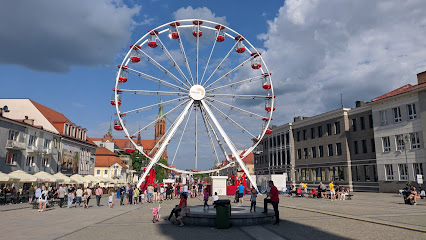
Branicki Park
Discover the charm of Branicki Park in Białystok, Poland—an enchanting blend of history, nature, and culture in a serene setting.
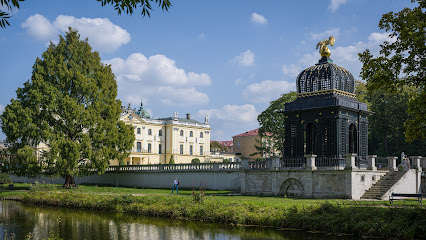
St. Roch's Church, Białystok
Explore the serene beauty of St. Roch's Church in Białystok, a stunning architectural masterpiece and a significant cultural hub.
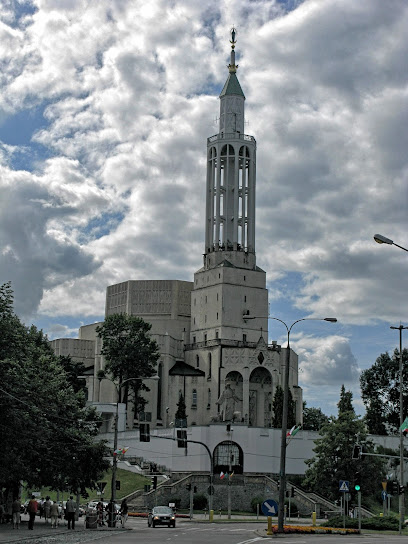
Rezerwat Las Zwierzyniecki
Explore the lush landscapes and diverse wildlife of Rezerwat Las Zwierzyniecki, a serene nature preserve in Białystok, Poland, ideal for relaxation and adventure.
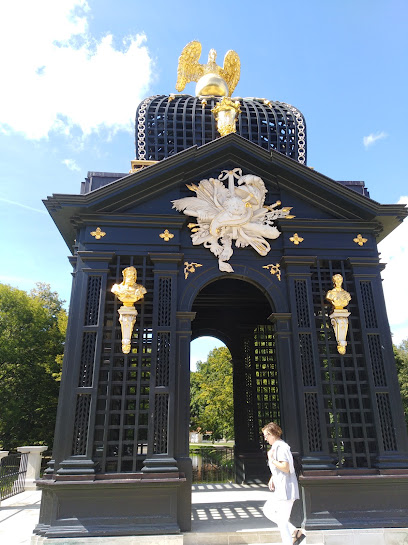
Podlasie Opera and Philharmonic
Experience the cultural heartbeat of Białystok at Podlasie Opera and Philharmonic, where music and art come alive in a stunning architectural setting.
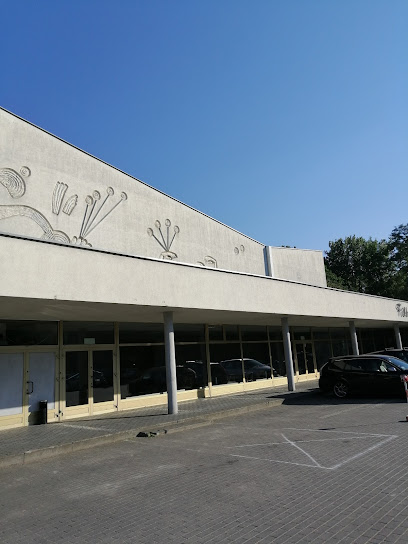
Army Museum in Białystok
Discover the Army Museum in Białystok, a captivating destination that unveils Poland's military history through engaging exhibits and rich artifacts.
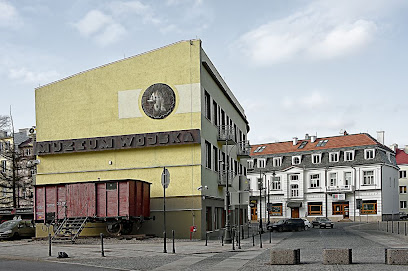
Museum of Podlasie in Bialystok
Discover the cultural treasures of Podlasie at the Museum of Podlasie in Bialystok, where history, art, and tradition converge.
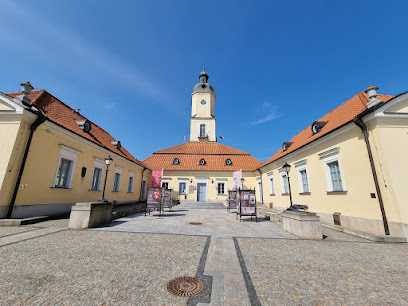
Białystok Museum of History
Explore the vibrant history and cultural heritage of Białystok at the Białystok Museum of History, a treasure trove for history lovers.
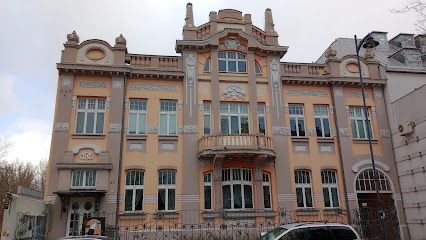
Park Antoniuk
Experience the tranquility and natural beauty of Park Antoniuk, a serene green space in the heart of Białystok, perfect for relaxation and exploration.
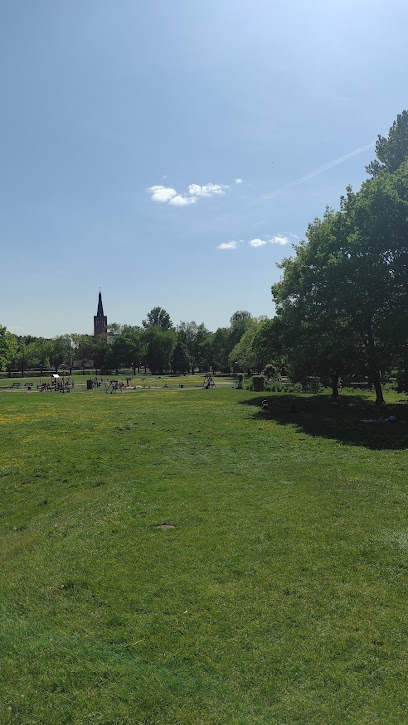
Pałacyk gościnny Branickich
Discover Białystok's historic Branicki Palace, a stunning blend of architecture, gardens, and rich cultural heritage.
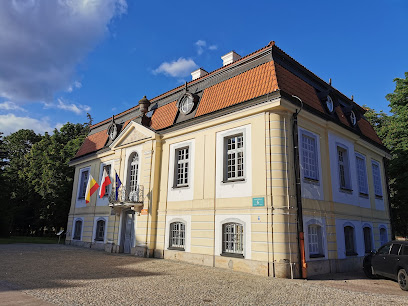
Unmissable attractions to see
Branicki Palace
Explore the stunning Branicki Palace in Białystok, a Baroque masterpiece with beautiful gardens, rich history, and captivating exhibits.
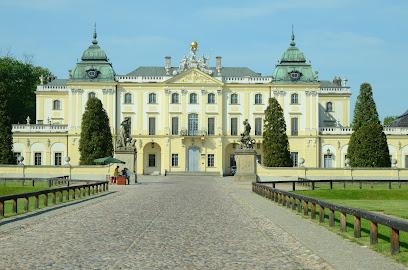
Constitution of 3 May 1791 Park
Explore the serene beauty and historical significance of Constitution of 3 May 1791 Park in Białystok, a perfect spot for relaxation and cultural experiences.
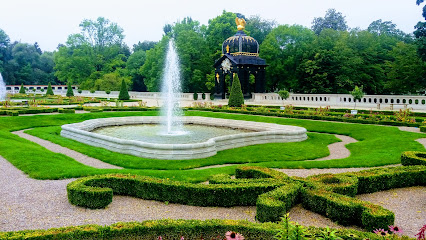
Park Planty
Experience the beauty and tranquility of Park Planty in Białystok, a lush urban park perfect for relaxation, recreation, and cultural immersion.
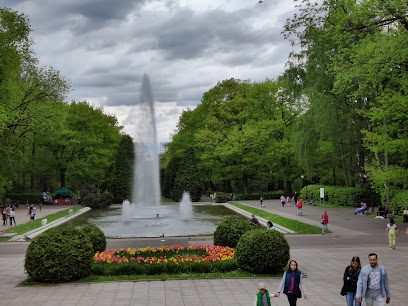
Cathedral Basilica of the Assumption of the Blessed Virgin Mary, Białystok
Explore the stunning Cathedral Basilica of the Assumption in Białystok, a neo-Gothic masterpiece steeped in rich history and spiritual significance.
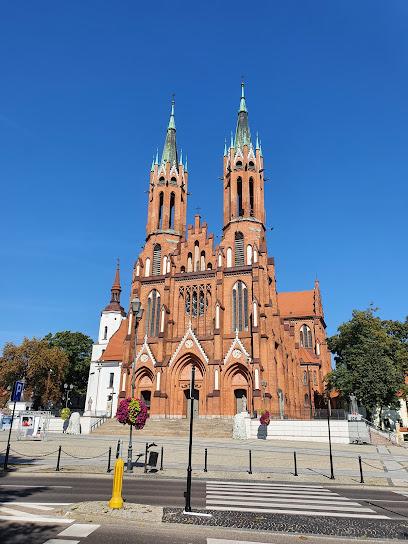
Tykocin Synagogue
Explore the Tykocin Synagogue: A historical museum celebrating Jewish culture and heritage in the heart of Poland.
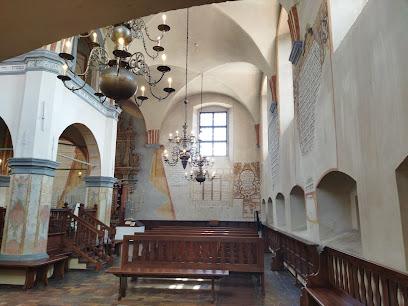
Papugarnia Białystok
Explore the vibrant world of exotic birds at Papugarnia Białystok, where adventure and education come together in a lush tropical setting.
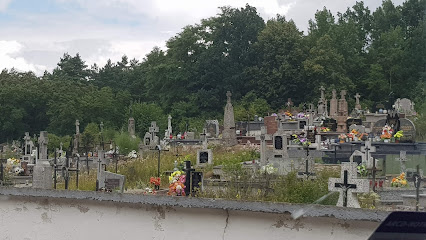
Branicki Park
Discover the tranquil charm of Branicki Park in Białystok, a perfect blend of nature and history for every traveler.
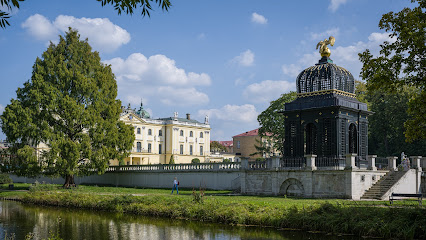
St. Roch's Church, Białystok
Discover the serene beauty of St. Roch's Church in Białystok, a captivating attraction blending rich history and stunning architecture.
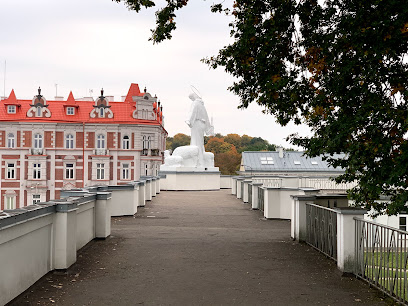
Narew National Park
Experience the breathtaking beauty of Narew National Park, a tranquil escape filled with diverse wildlife, stunning landscapes, and rich cultural heritage.
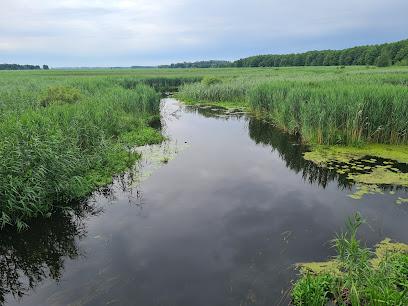
Memorial Museum Siberia
Discover the poignant history of Polish exiles at the Memorial Museum Siberia in Białystok, a must-visit for history enthusiasts and travelers.
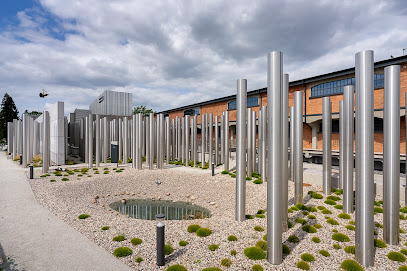
The Cathedral of St. Nicholas the Wonderworker Archbishop of Myria in Lycia
Discover the architectural beauty and serene spirituality of the Cathedral of St. Nicholas in the heart of Białystok, Poland.
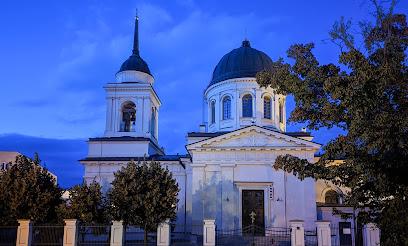
Rezerwat Las Zwierzyniecki
Experience the beauty of nature at Rezerwat Las Zwierzyniecki, a serene preserve in Białystok perfect for relaxation and exploration.
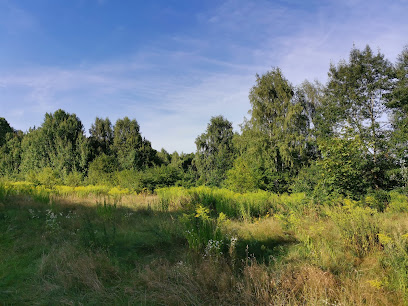
Army Museum in Białystok
Uncover the fascinating military heritage of Poland at the Army Museum in Białystok, a premier destination for history enthusiasts and curious travelers alike.
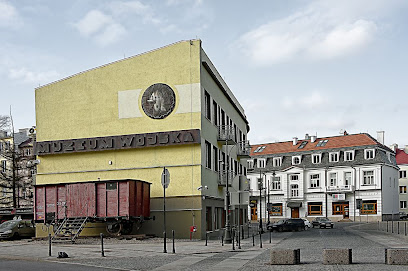
Fontanny
Discover the enchanting beauty of Fontanny in Białystok, where mesmerizing water displays and vibrant lights create an unforgettable experience.
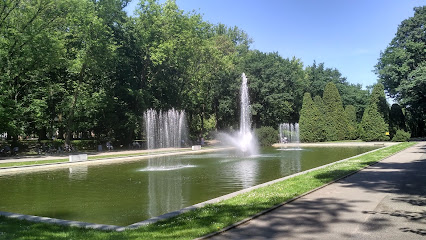
Amusement Park FastPark
Discover FastPark in Białystok, Poland - a vibrant amusement park offering thrilling rides, family fun, and unforgettable adventures for all ages.
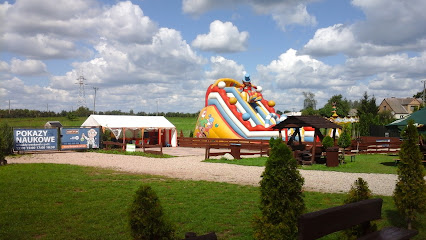
Essential places to dine
Jaga Pizza&Bistro
Savor authentic pizza flavors at Jaga Pizza&Bistro—Białystok's top dining destination for locals and tourists.
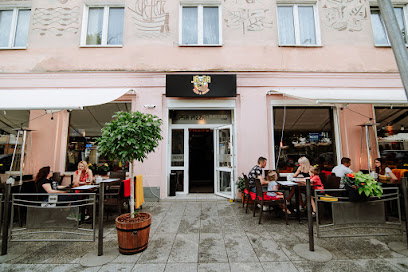
Restaurant Babka
Discover the perfect blend of Eastern European and American cuisine at Restaurant Babka in Białystok.
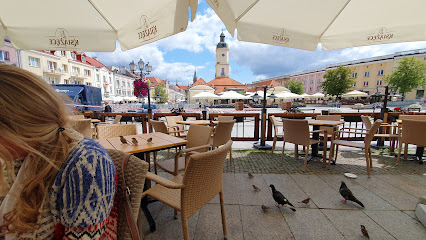
Sztuka Mięsa
Experience the finest steaks at Sztuka Mięsa in Białystok - where culinary excellence meets inviting ambiance.
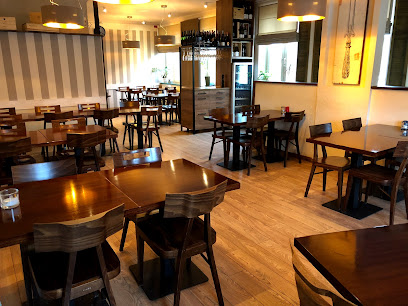
Gospoda Podlaska
Experience authentic Polish cuisine at Gospoda Podlaska in Białystok - where tradition meets modern dining.
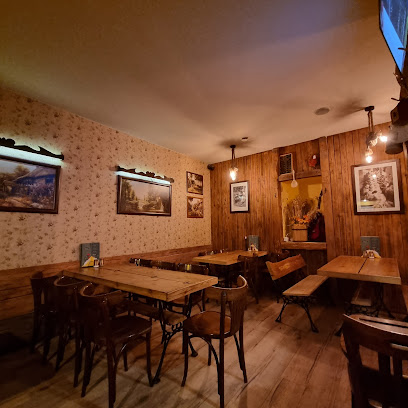
Restauracja eatally Pizza Białystok
Discover authentic Italian flavors at Restauracja Eatally Pizza in Białystok - where every slice tells a story.
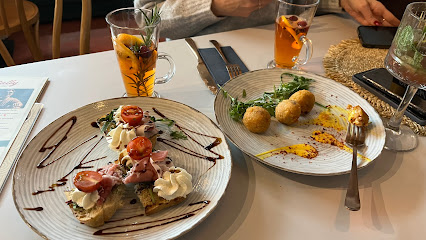
Restauracja Multibrowar
Discover Restauracja Multibrowar: A culinary gem in Białystok offering delicious Polish cuisine paired with exceptional craft beers.
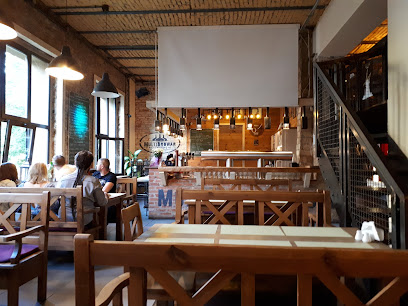
Farina Napoletano Vero Pizza Białystok Najlepsza Restauracja Włoska
Experience authentic Neapolitan pizza in Białystok at Farina Napoletano Vero Pizza – where tradition meets taste.
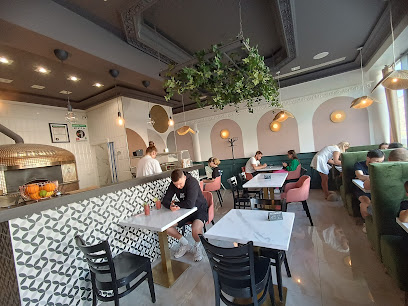
Pawilon Towarzyski
Discover Pawilon Towarzyski in Białystok for exquisite modern European cuisine served in a stylish setting perfect for any occasion.
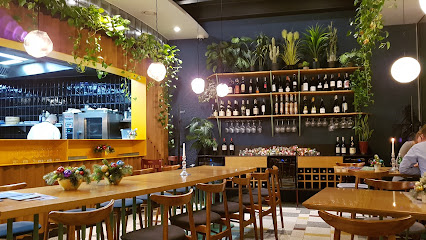
Restauracja Lipcowy Ogród Białystok
Experience authentic Polish cuisine at Lipcowy Ogród in Białystok - where tradition meets vibrant flavors amidst family-friendly fun.
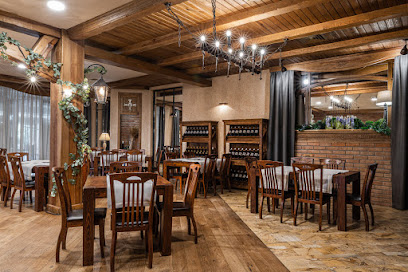
Soodi
Experience the best of Polish cuisine at Soodi in Białystok - where every dumpling tells a story!
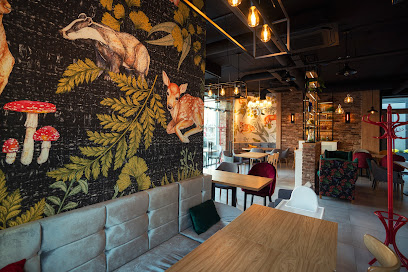
Restauracja Sherlock Holmes Białystok
Experience delightful English and European cuisine at Restauracja Sherlock Holmes in Białystok – where every meal tells a story.
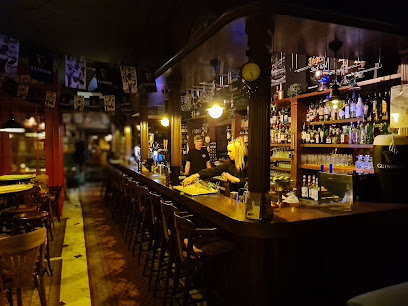
Ratuszowy
Discover the culinary delights at Ratuszowy in Białystok - where European flavors meet local craft beers in a cozy setting.
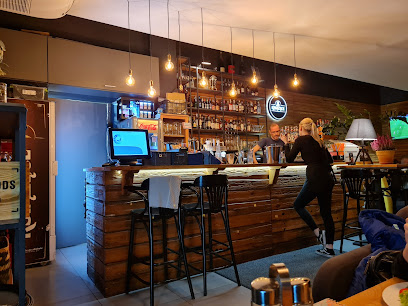
DOHO Sushi
Experience authentic Japanese cuisine at DOHO Sushi in Białystok – where tradition meets modern flair in every delicious bite.
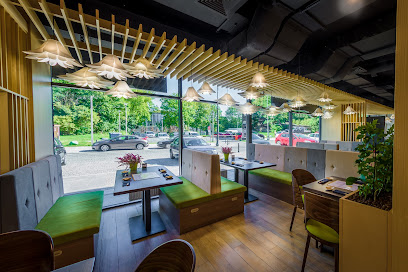
Tokaj
Experience authentic Hungarian cuisine at Tokaj in Białystok - where tradition meets flavor in every dish.
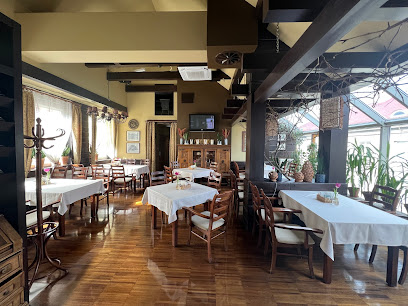
Sioux Restauracja
Experience the vibrant fusion of Mexican flavors at Sioux Restauracja in Białystok - where fast food meets culinary delight.
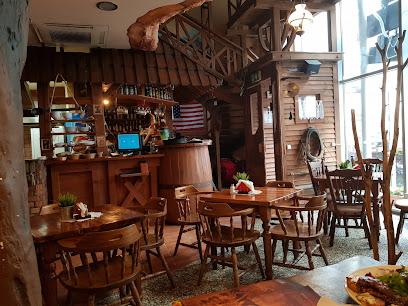
Markets, malls and hidden boutiques
Atrium Biala
Experience the vibrant shopping scene at Atrium Biala in Białystok, where shopping, dining, and entertainment come together for an unforgettable visit.
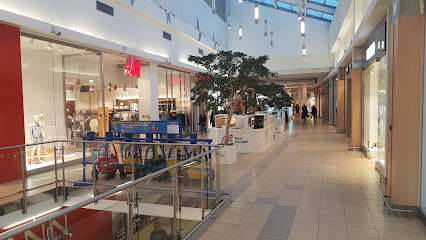
ALFA Centrum Handlowe
Explore ALFA Centrum Handlowe in Białystok for a unique shopping experience with diverse stores, delicious dining, and family-friendly entertainment.
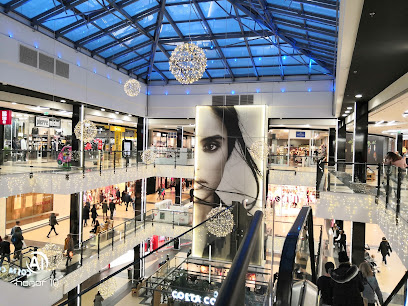
Galeria Jurowiecka
Explore Galeria Jurowiecka, Białystok's vibrant shopping mall, offering a wide range of shops, dining options, and entertainment for all visitors.
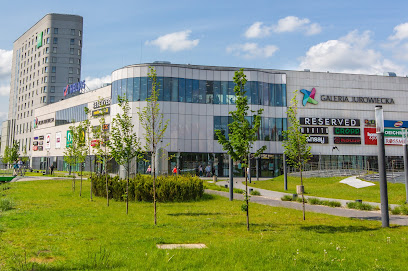
Outlet Center Bialystok
Discover unbeatable deals and a wide array of brands at Outlet Center Bialystok, the ultimate shopping destination in Poland.
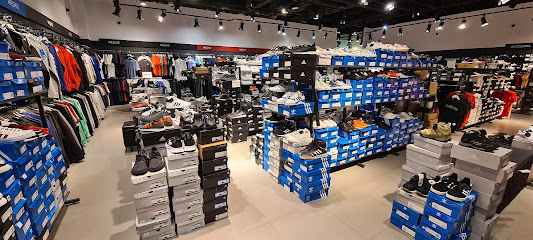
Galeria Zielone Wzgórze
Explore Galeria Zielone Wzgórze: A shopping haven in Białystok with a mix of fashion, food, and fun for every traveler.
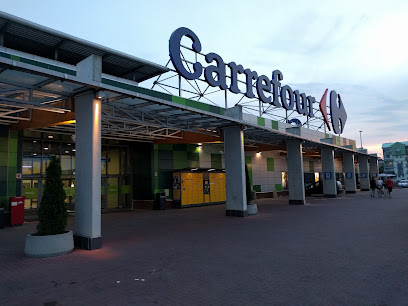
Empik
Discover Empik in Białystok: your ultimate destination for unique gifts, books, and stationery that capture the spirit of Polish culture.
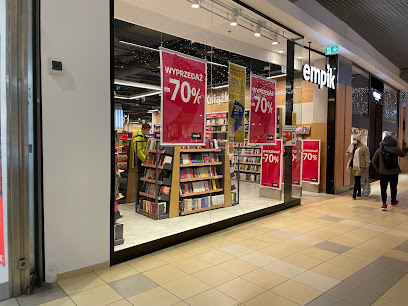
Świat Udanych Zakupów
Explore the stylish offerings at Świat Udanych Zakupów in Białystok, where fashion meets local flair in a delightful shopping experience.
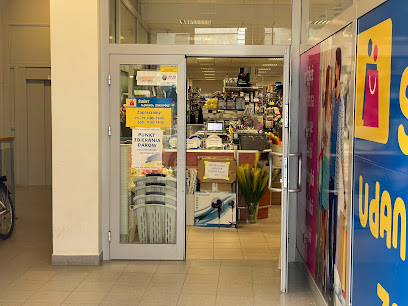
Sephora
Discover Sephora Białystok – your go-to destination for premium cosmetics, skincare, and perfumes in a vibrant shopping atmosphere.

SLJEDZIK Pamiątki Souvenirs
Explore a treasure trove of unique souvenirs and local crafts at SLJEDZIK Souvenirs in Białystok, where every item tells a story.
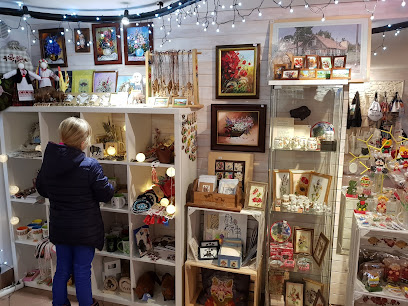
Bazar Pałacowy. Centrum handlowe
Experience Białystok's vibrant shopping scene at Bazar Pałacowy, where local charm meets modern retail.
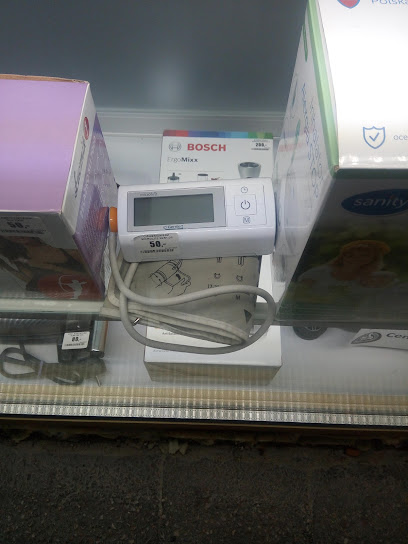
Prezentmarzeń
Explore Prezentmarzeń in Białystok for unique gifts, souvenirs, and exceptional event planning to enrich your travel experience.
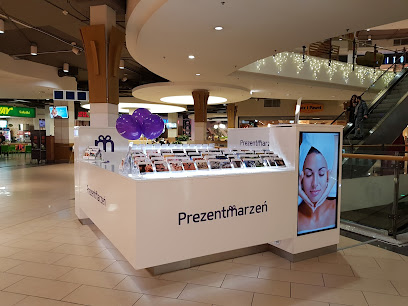
Yves Rocher Białystok (Alfa)
Discover natural beauty and exquisite fragrances at Yves Rocher Białystok (Alfa), your go-to perfume store in the heart of Białystok.
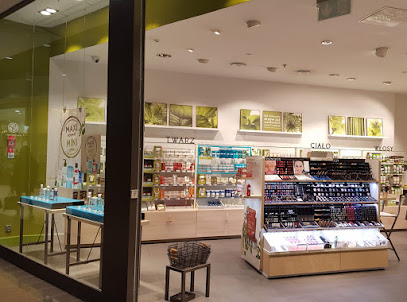
Retro Tea & Coffee
Explore Retro Tea & Coffee in Białystok - a vintage haven for tea, coffee, and unique gift baskets that delight the senses.
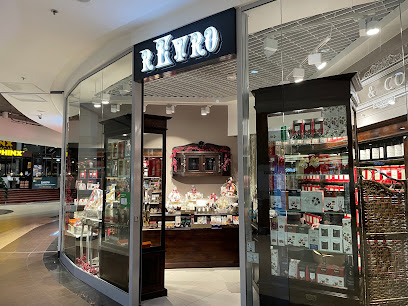
Sis Butik
Explore Sis Butik in Białystok for unique women's fashion that blends contemporary style with local artistry.
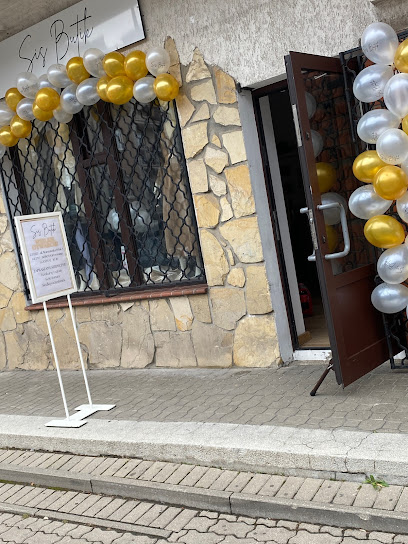
Galeria pod Aniołami
Explore the artistic treasures at Galeria pod Aniołami, a vibrant craft store and gallery in the heart of Białystok, showcasing local artisanship.
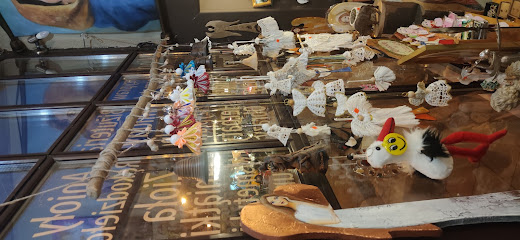
Essential bars & hidden hideouts
Restauracja Sherlock Holmes Białystok
Savor the flavors of British cuisine with a European twist at Restauracja Sherlock Holmes, Białystok's premier dining destination.
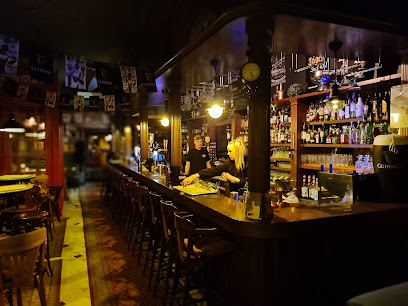
Pub Fiction & BackStage
Discover Białystok's vibrant nightlife at Pub Fiction & BackStage, where craft brews and live entertainment await you in a lively atmosphere.
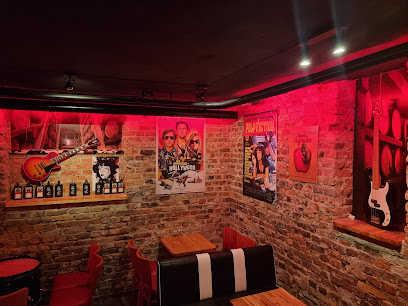
33 Krany
Discover the vibrant brewpub culture at 33 Krany in Białystok, where craft beers meet a welcoming atmosphere.
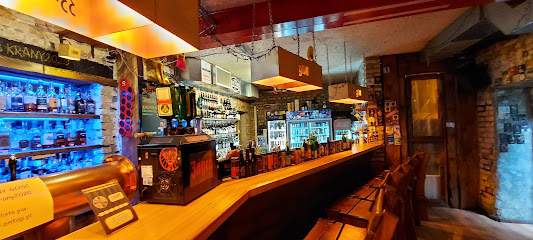
ALCHEMIA PUB
Discover the lively ambiance of Alchemia Pub, a premier brewpub in Białystok offering craft beers and diverse dining options.
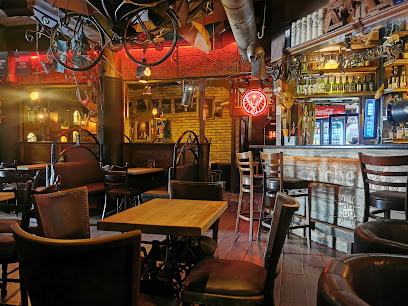
Antypub
Explore Białystok’s vibrant brewpub scene at Antypub, offering craft beers and delicious bites in a lively atmosphere!
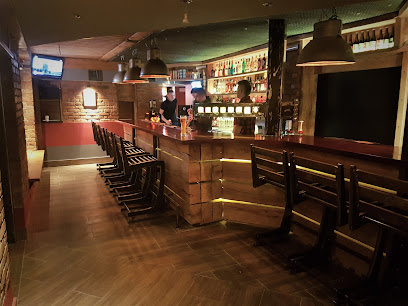
Pub Strych
Discover the lively atmosphere at Pub Strych, your go-to destination for local beers and vibrant nightlife in the heart of Białystok.
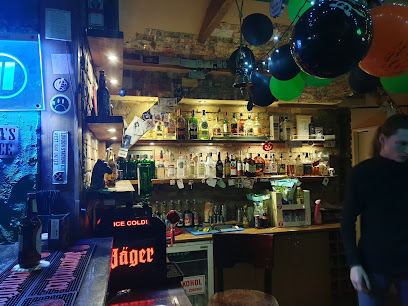
Pijalnia Wódki i Piwa
Discover Białystok's charming pub culture at Pijalnia Wódki i Piwa, where traditional Polish spirits meet a vibrant atmosphere.
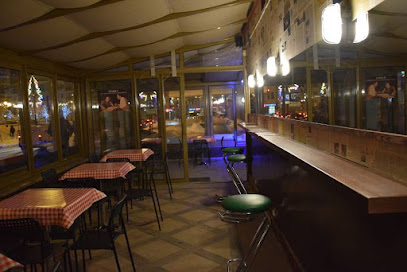
PRL Lux
Discover Białystok's vibrant brewpub scene at PRL Lux, where craft beer meets Polish culture in a lively atmosphere.
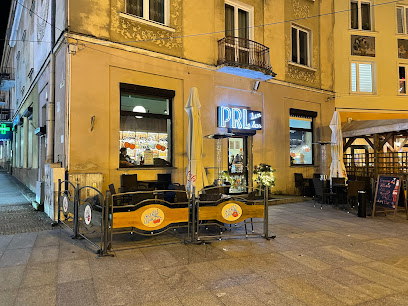
Grodno Pub&Restaurant
Discover the heart of Białystok's nightlife at Grodno Pub & Restaurant, featuring delicious dishes and a vibrant atmosphere for all.
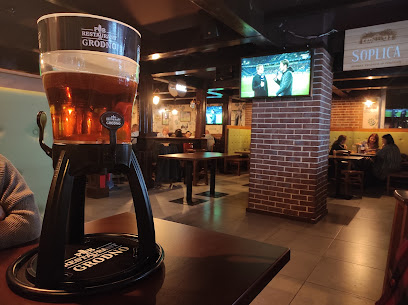
Knay. Pub
Experience Białystok's vibrant brewpub culture at Knay Pub, where expertly crafted beers and a lively atmosphere await.
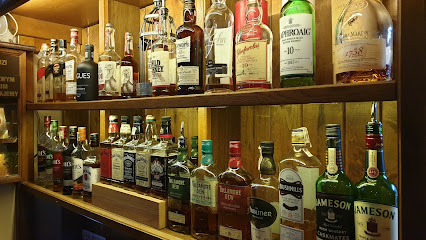
Black Market Cocktailbar
Discover Black Market Cocktailbar in Białystok for an unforgettable cocktail experience amidst a lively nightlife scene.
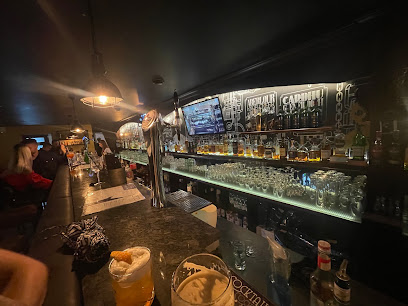
Eljot Bar
Discover the vibrant Eljot Bar in Białystok, where cozy ambiance meets affordable drinks for an unforgettable social experience.
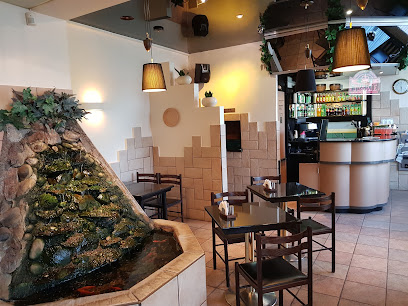
Głębokie Gardło
Discover Białystok's vibrant nightlife at Głębokie Gardło, a lively bar offering a unique selection of drinks and a welcoming atmosphere.
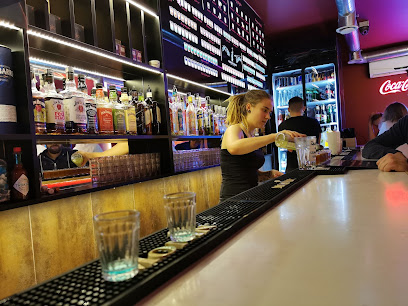
6-ścian. Pub
Experience Białystok's nightlife at 6-ścian Pub, where local flavors meet a vibrant atmosphere, ideal for socializing and relaxation.
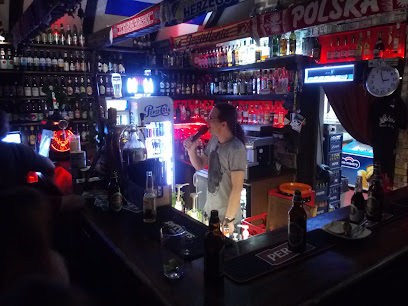
Bury Kot
Discover Białystok's local charm at Bury Kot, where cozy ambiance meets delightful drinks and friendly service.
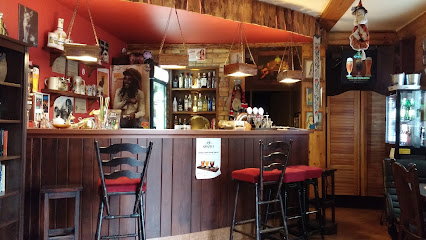
Local Phrases
-
- HelloCześć
[cheshch] - GoodbyeDo widzenia
[do veedzenia] - YesTak
[tahk] - NoNie
[nye] - Please/You're welcomeProszę
[proshe] - Thank youDziękuję
[jen-koo-yeh] - Excuse me/SorryPrzepraszam
[pshe-prah-shahm] - How are you?Jak się masz?
[yahk shchee mahsh] - Fine. And you?Dobrze. A ty?
[doh-bzheh. ah tih] - Do you speak English?Czy mówisz po angielsku?
[chy moovish poh ahng-yehl-skoo] - I don't understandNie rozumiem
[nye roh-zoo-myem]
- HelloCześć
-
- I'd like to see the menu, pleaseChciałbym zobaczyć menu, proszę
[hchah-wim zoh-bah-cheech meh-noo, proh-sheh] - I don't eat meatNie jem mięsa
[nye yem myen-sah] - Cheers!Na zdrowie!
[nah zdroh-vyeh] - I would like to pay, pleaseChciałbym zapłacić, proszę
[hchah-wim zah-plah-cheech, proh-sheh]
- I'd like to see the menu, pleaseChciałbym zobaczyć menu, proszę
-
- Help!Pomocy!
[poh-moh-tsih] - Go away!Odejdź!
[oh-deyhsh] - Call the Police!Zadzwoń po policję!
[zahd-vohn poh poh-leet-syeh] - Call a doctor!Zadzwoń po lekarza!
[zahd-vohn poh leh-kah-zah] - I'm lostZgubiłem się
[zgoo-bee-wem shcheh] - I'm illJestem chory
[yeh-stem hoh-rih]
- Help!Pomocy!
-
- I'd like to buy...Chciałbym kupić...
[hchah-wim koo-peech] - I'm just lookingTylko się rozglądam
[tih-koh shchee rohz-gwah-dahm] - How much is it?Ile to kosztuje?
[ee-leh toh kohs-too-yeh] - That's too expensiveTo jest za drogie
[toh yest zah droh-gyeh] - Can you lower the price?Czy możesz obniżyć cenę?
[chy mo-zhesh ob-nee-zhooch cheh-neh]
- I'd like to buy...Chciałbym kupić...
-
- What time is it?Która jest godzina?
[ktoh-rah yest goh-dzee-nah] - It's one o'clockJest pierwsza
[yest pyehr-vshah] - Half past (10)Pół do (10)
[poow doh] - MorningRano
[rah-no] - AfternoonPopołudnie
[poh-poo-wood-nyeh] - EveningWieczór
[vyeh-choor] - YesterdayWczoraj
[vchaw-rye] - TodayDzisiaj
[dzee-syahy] - TomorrowJutro
[yoo-tro] - 1Jeden
[yeh-den] - 2Dwa
[dvah] - 3Trzy
[trzih] - 4Cztery
[ch-tseh-reh] - 5Pięć
[pyehnch] - 6Sześć
[sheshch] - 7Siedem
[shyeh-dem] - 8Osiem
[oh-shem] - 9Dziewięć
[dzyeh-vyehnch] - 10Dziesięć
[dzyeh-shyehnch]
- What time is it?Która jest godzina?
-
- Where's a/the...?Gdzie jest...?
[gdzyeh yest] - What's the address?Jaki jest adres?
[yah-kee yest ah-dresh] - Can you show me (on the map)?Czy możesz mi pokazać (na mapie)?
[chy mo-zhesh mee poh-kah-zahch (nah mah-pee-eh)] - When's the next (bus)?Kiedy jest następny (autobus)?
[kyeh-dih yest nah-styehp-nih (ow-toh-boos)] - A ticket (to ....)Bilet (do ....)
[bee-let (doh)]
- Where's a/the...?Gdzie jest...?
History of Bialystok
-
Bialystok was first mentioned in historical records in 1437. The city was founded by the noble Branicki family, who played a significant role in its development. The early settlement was primarily agricultural, benefiting from the fertile lands and strategic location near trade routes.
-
The late 17th and early 18th centuries marked a golden era for Bialystok under the stewardship of Jan Klemens Branicki, a prominent Polish nobleman. His vision transformed the city into a Baroque masterpiece, often referred to as the 'Versailles of Podlasie.' The Branicki Palace, an architectural marvel, became the centerpiece of the city, surrounded by meticulously designed gardens and parks.
-
The 19th century brought significant industrial growth to Bialystok. The city became a major center for the textile industry, attracting workers and entrepreneurs from across Europe. This period saw the establishment of numerous factories and the development of modern infrastructure, contributing to Bialystok's economic prosperity.
-
Bialystok has long been a melting pot of cultures and religions. By the late 19th and early 20th centuries, the city was home to a diverse population, including Poles, Jews, Russians, Belarusians, and Germans. This multicultural fabric was reflected in the city's architecture, cuisine, and daily life, fostering a unique and vibrant cultural landscape.
-
World War II was a dark chapter in Bialystok's history. The city was occupied by both Soviet and Nazi forces, leading to significant hardship for its residents. The Jewish community, which had been an integral part of Bialystok's cultural and economic life, was decimated during the Holocaust. The Bialystok Ghetto, established by the Nazis, witnessed unimaginable atrocities and suffering.
-
After World War II, Bialystok became part of the People's Republic of Poland under Soviet influence. The city underwent extensive reconstruction to repair the war damage. During this period, Bialystok saw the rise of new residential areas, educational institutions, and industrial complexes, reshaping its urban landscape and economy.
-
Today, Bialystok is a thriving city that honors its rich history while embracing modernity. It serves as the cultural and economic hub of northeastern Poland. The city's universities, research centers, and tech industries contribute to its dynamic atmosphere. Cultural events, festivals, and a burgeoning culinary scene make Bialystok a vibrant destination for both residents and visitors.
Bialystok Essentials
-
Bialystok is located in northeastern Poland. The nearest international airport is Warsaw Chopin Airport, approximately 200 kilometers away. From Warsaw, you can take a train or a bus directly to Bialystok. The train journey takes around 2.5 to 3 hours, while the bus takes slightly longer. There are also regional airports closer to Bialystok, such as Olsztyn-Mazury Airport, which offers limited flights.
-
Bialystok has a well-developed public transportation system consisting of buses and trolleybuses. Tickets can be purchased at kiosks, ticket machines, or directly from the driver. Taxis are also readily available and relatively inexpensive. For a more flexible option, consider renting a car. Bialystok is bicycle-friendly, with numerous bike lanes and rental services.
-
The official currency in Poland is the Polish Zloty (PLN). Credit and debit cards are widely accepted in hotels, restaurants, and shops. However, it is advisable to carry some cash for smaller establishments and local markets. ATMs are plentiful throughout Bialystok, and currency exchange offices can also be found.
-
Bialystok is generally a safe city for tourists. However, it is always wise to take standard precautions. Avoid walking alone at night in poorly lit areas and keep an eye on your belongings in crowded places. While there are no specific high-crime areas targeting tourists, staying vigilant and aware of your surroundings is always best.
-
In case of emergency, dial 112 for immediate assistance. Bialystok has several hospitals and medical facilities available for emergencies. It is recommended to have travel insurance that covers medical emergencies. For minor health issues, there are numerous pharmacies throughout the city where you can purchase over-the-counter medications.
-
Fashion: Do dress modestly, especially when visiting religious sites. Avoid wearing overly revealing clothing. Religion: Do respect local customs and traditions. When visiting churches, it is customary to cover your head and dress conservatively. Public Transport: Do be respectful and offer your seat to elderly passengers. Don't eat or drink on public transport. Greetings: Do greet people with a firm handshake. A smile and a nod are also appreciated. Eating & Drinking: Do try local delicacies and accept food offerings graciously. Don't refuse hospitality, as it is considered impolite.
-
To experience Bialystok like a local, visit the local markets such as the Bialystok Market Hall where you can buy fresh produce and traditional Polish goods. Engage with locals, as they are often friendly and willing to share stories about the city's history and culture. Don't miss the opportunity to explore the Bialowieza Forest, a UNESCO World Heritage Site nearby. For a unique experience, attend a performance at the Bialystok Puppet Theatre, one of the oldest puppet theatres in Poland.
Trending Landmark in Bialystok
-
Branicki Palace
-
Akcent ZOO
-
Park Garden Palace of Branicki
-
Constitution of 3 May 1791 Park
-
Park Planty
-
Kosciuszko Market Square
-
Branicki Park
-
St. Roch's Church, Białystok
-
Rezerwat Las Zwierzyniecki
-
Podlasie Opera and Philharmonic
-
Army Museum in Białystok
-
Museum of Podlasie in Bialystok
-
Białystok Museum of History
-
Park Antoniuk
-
Pałacyk gościnny Branickich
Nearby Cities to Bialystok
-
Things To Do in Suwalki
-
Things To Do in Marijampolė
-
Things To Do in Warsaw
-
Things To Do in Olsztyn
-
Things To Do in Kaunas
-
Things To Do in Lublin
-
Things To Do in Vilnius
-
Things To Do in Jonava
-
Things To Do in Radom
-
Things To Do in Elblag
-
Things To Do in Lodz
-
Things To Do in Panevėžys
-
Things To Do in Lutsk
-
Things To Do in Torun
-
Things To Do in Kielce












